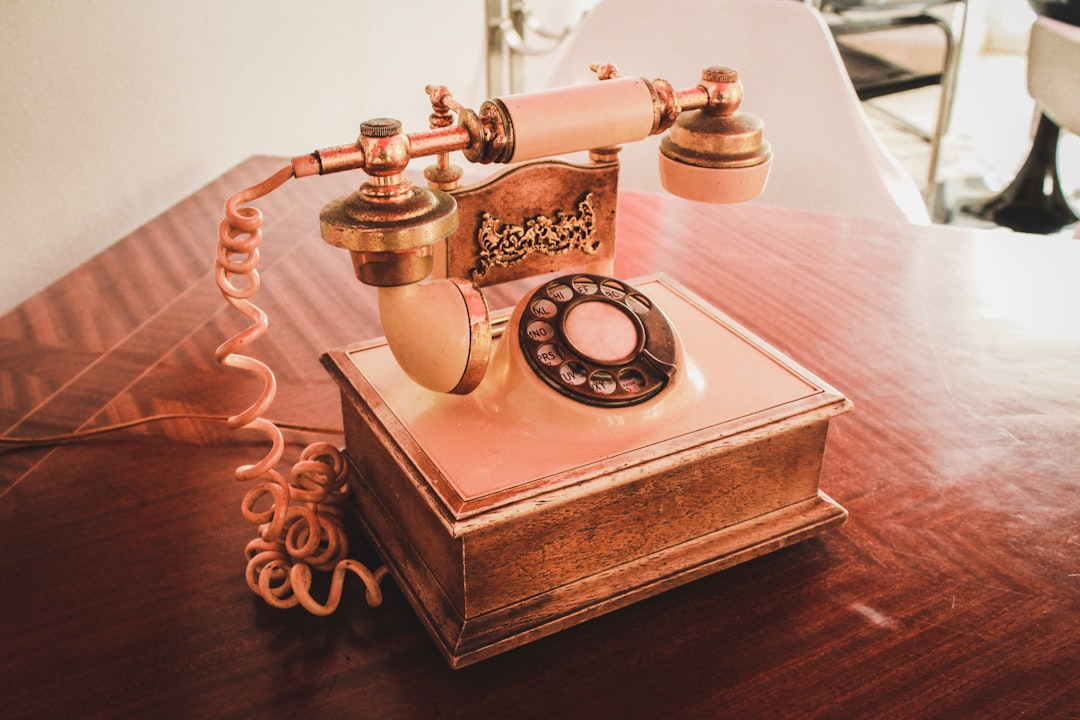California's Do Not Call List (DNC), managed by the CPUC, significantly reduces unwanted telemarketing calls within weeks of registration. The US Do Not Call Registry, enforced by the FTC, complements this with strict regulations against unauthorized sales calls. Despite these measures, delays in reducing calls may occur due to telemarketers' 30-day removal period and non-compliance. To maximize protection, keep your info up-to-date, report nuisance calls, use phone carrier tools, and consider consulting a California unwanted call law firm for assistance.
“Discover how long it takes to see results after registering with the Do Not Call List in California. This comprehensive guide explores the legal framework and effectiveness of this consumer protection tool against unwanted calls. We delve into common delays, factors influencing result visibility, and tips for optimizing your experience. Learn from the experts at [Unwanted Call Law Firm, California] to make the most of your registration.”
Understanding the Do Not Call List and Its Effectiveness in California

In California, the Do Not Call List (DNC) is a powerful tool designed to combat unwanted telemarketing calls and protect residents’ privacy. This list is managed by the California Public Utilities Commission (CPUC) and allows consumers to opt-out of receiving phone solicitations from both automated and live callers. By registering on the DNC, individuals can expect a significant reduction in unsolicited sales calls within a relatively short period.
The effectiveness of the Do Not Call List has been well-documented, with numerous studies showing that it significantly decreases the volume of telemarketing calls received by listed households. According to CPUC data, within just a few weeks after registering, Californians can experience a noticeable decline in unwanted call law firm California activities. This immediate effect is due to the strict regulations enforced on callers who violate the list, subjecting them to fines and legal repercussions.
The Legal Framework: When Does Enforcement Begin After Registration?

In the United States, the Do Not Call Registry was established by the Telecommunications Act of 1997 and is enforced by the Federal Trade Commission (FTC). California’s unwanted call law firm plays a pivotal role in ensuring compliance with these regulations. When an individual registers their phone number on the National Do Not Call Registry, enforcement begins after a period of 30 days. This 30-day wait allows telemarketers and sales calls to continue temporarily, providing businesses with a grace period to update their records and adjust their calling practices.
However, once this initial window expires, the FTC takes proactive measures to stop unauthorized calls from reaching registered numbers. They work closely with California’s local law enforcement agencies and the state’s attorney general to enforce the restrictions. This collaborative effort ensures that telemarketers adhere to the law, offering relief to residents who have opted-out of unsolicited calls. The legal framework is designed to strike a balance between consumer protection and legitimate business practices, making it easier for Californians to enjoy peace and quiet in their homes without unwanted interruptions.
Common Delays and Factors Influencing Result Visibility

After registering with the National Do Not Call List (DNC), individuals often wonder how soon they can expect a reduction in unwanted calls, especially from telemarketing firms and call centers. While the DNC list is an effective tool to curb such calls, there can be common delays and factors that influence when you start seeing results. In California, where the Unwanted Call Law firm plays a significant role in enforcing consumer rights, the process isn’t instant.
Several elements contribute to this delay. Firstly, telemarketers have a 30-day window to remove your number from their calls after receiving confirmation of your registration. This initial period allows them to dispose of existing call lists and update their systems, which can temporarily increase the volume of unwanted calls you receive as they clear out old contacts. Secondly, while the DNC list is widely recognized, not all companies adhere strictly to it, leading to potential false positives or negatives in the short term. Additionally, some legitimate organizations, such as charity groups or survey firms, might still call despite your registration, adding another layer of complexity to the process.
Tips for Optimizing Your Experience with the Do Not Call List

Registering with the National Do Not Call Registry is a powerful tool in limiting unwanted calls, but optimizing its effectiveness requires a few strategic steps. First, ensure your information is accurate and up-to-date. Regularly review and update your registration to prevent any lapses that could make you vulnerable to marketing calls again. Second, be persistent in reporting nuisance calls received despite being on the list. Many call centers are required by law to honor the Do Not Call request, but some may still inadvertently or intentionally ignore it. Documenting and reporting these calls can help enforce compliance with the Unwanted Call Law firm California and speed up the process of removing persistent callers from your reach.
Additionally, consider using privacy tools offered by your phone carrier to block specific types of calls, enhancing the protection already provided by the Do Not Call List. Educating yourself about call blocking features and regularly reviewing them can significantly optimize your experience. Remember, while the Do Not Call Registry is a powerful tool, staying proactive in managing your call preferences is key to maximizing its benefits.






